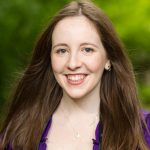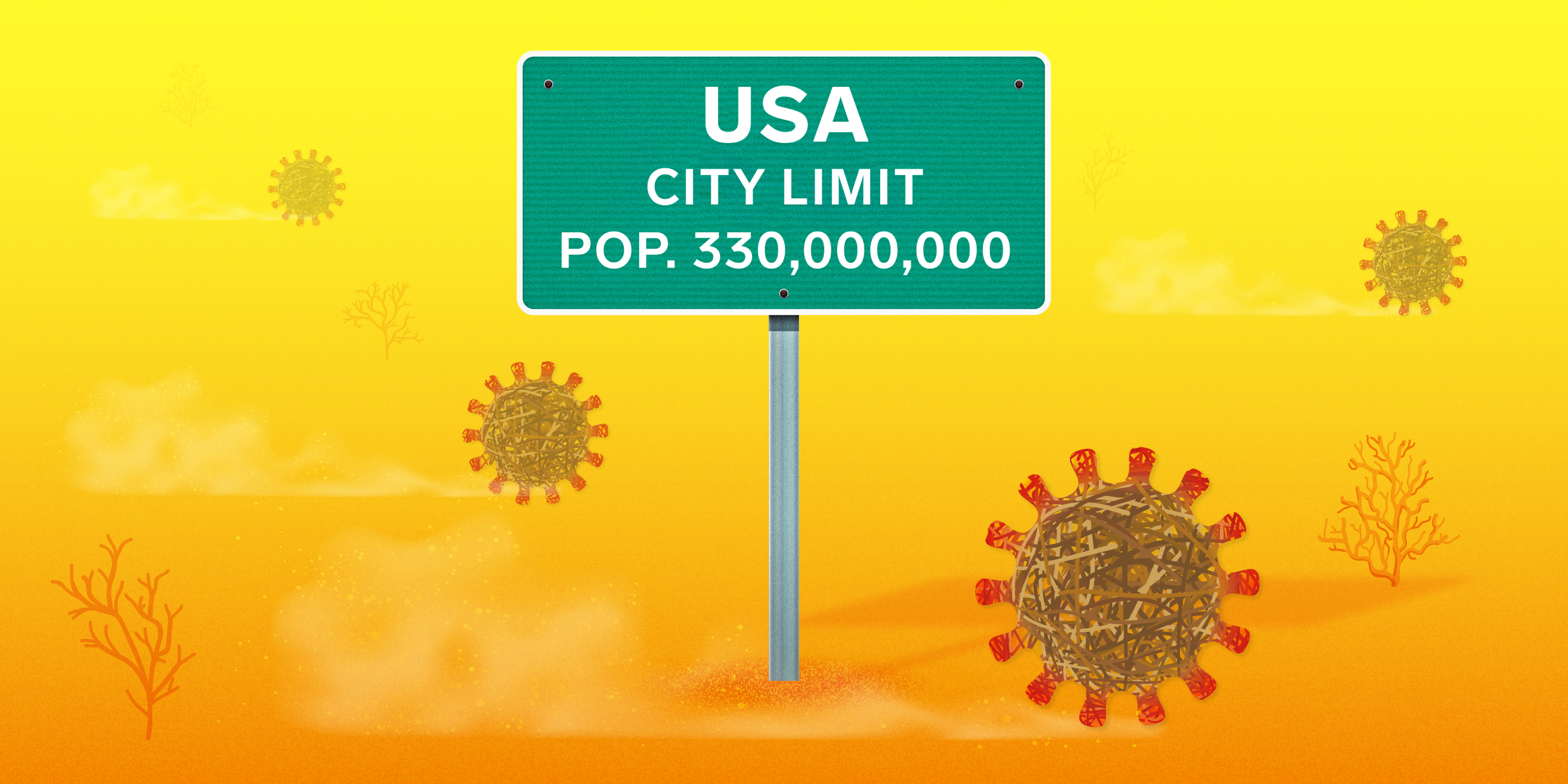
- Amid a rocky vaccine rollout in the US, groups helping “vaccine hunters” have stepped in to help.
- The groups vary across states, but their aim is the same: “Every vaccine should be put in an arm.”
- Still, ethical quandries about access and who gets prioritized remain.
- Visit Insider’s homepage for more stories.
Doug Ward just wanted to get his mom vaccinated.
As a senior citizen with pre-existing health conditions, she qualified to get her COVID-19 vaccine in Colorado starting in February. But her son quickly realized that getting her a vaccine was more complicated than simply meeting the eligibility requirements.
Snagging a spot meant scrolling through multiple pharmacy websites in search of an appointment signup link, which was usually buried several clicks in. Successfully booking an appointment, it seemed, mostly came down to luck: being in the right place at the right time and knowing the right people.
Ward came across NOLA Vaccine Hunters, a Facebook group where people in New Orleans shared tips for booking vaccine appointments and snapping up leftover doses. He immediately launched a similar Facebook group for Coloradans.
But his vaccine hunting journey didn’t stop there.
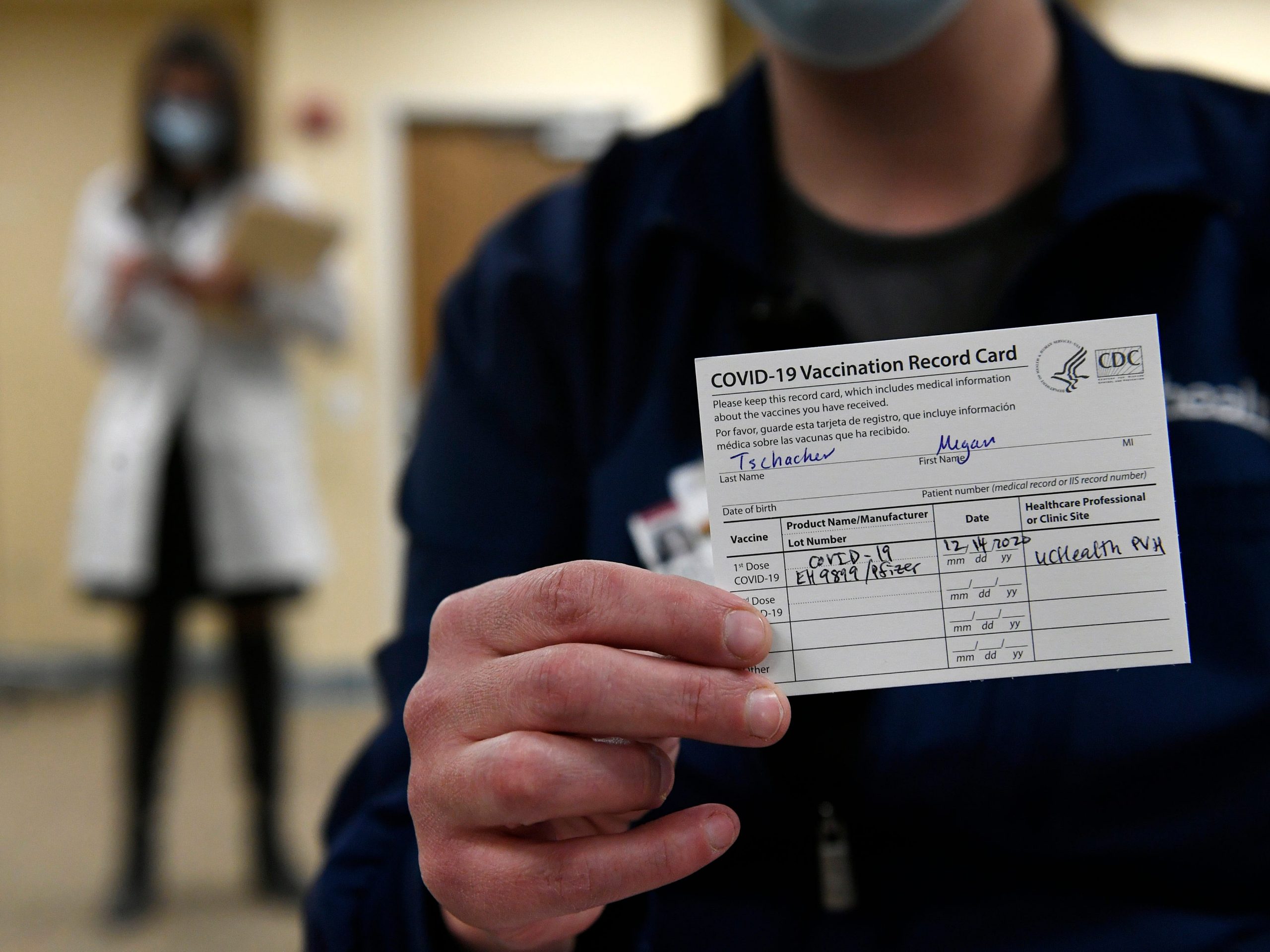
Helen H. Richardson/MediaNews Group/The Denver Post/Getty Images
Now, Ward runs VaccineHunter.org, a website that serves as a hub for vaccine seekers nationwide. The site has served more than 400,000 so-called vaccine hunters across 36 states and 53 local Facebook groups to date, he told Insider.
The patchwork vaccine rollout in the US has been rocky. Priority groups look different in each state and county, and the process for booking an appointment varies from site to site. It has resulted in high demand for vaccines, often by any means possible - and rogue players have stepped in to fill the gaps. People like Ward, including web designers, high school students, and adults with day jobs, have all volunteered solutions.
All are connected by a shared mission: "Every vaccine should be put in an arm to make sure we're getting this pandemic over with as fast as possible," Ward said.
An inconsistent vaccine rollout in the US has disadvantaged those who need it most
The vaccine rollout in the US has been inconsistent from the get-go, when former President Donald Trump left it up to states to develop their own vaccination plans.
As some local governments deviated from agreed-upon priorities and early blunders made headlines, individuals started saying "screw it, I'm going to try and get my own vaccine," Arthur Caplan, professor of bioethics at New York University, told Insider.
In Florida, hundreds of senior citizens camped out overnight in hopes of getting vaccinated after the state started offering vaccines to those aged 65 and older. Many were sent home empty-handed, while out-of-staters with the right connections were able to get Sunshine State shots.
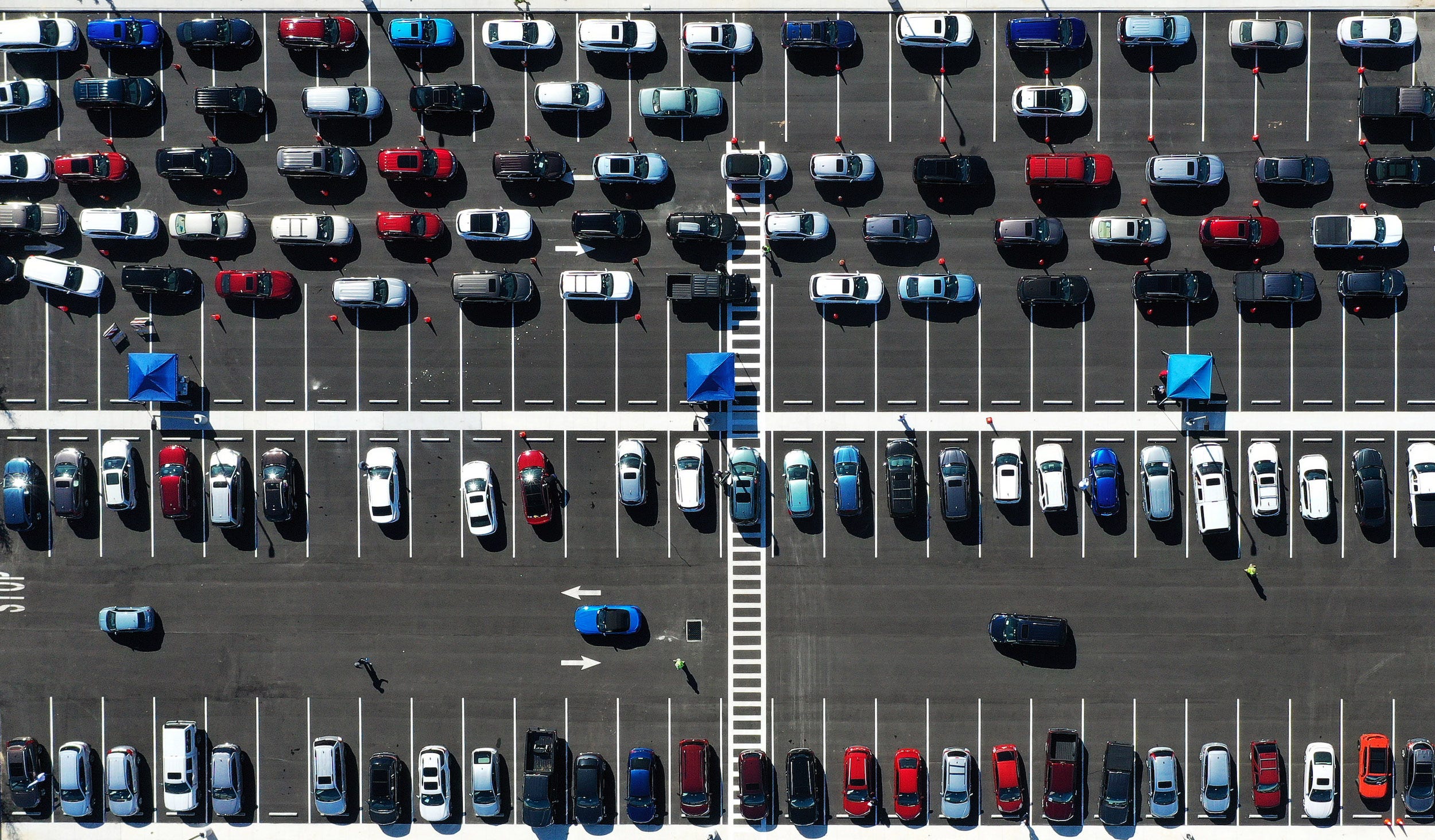
Paul Hennessy/NurPhoto/Getty
Some vaccine providers attempted to avoid long lines by moving signups online, but that shift left another portion of the population at a disadvantage. Roughly 25 million Americans don't have home Internet access, and even more lack the tools and technological literacy to navigate complicated signup websites.
The issues with the vaccine rollout have disproportionately impacted those who have born the brunt of the pandemic. Black and Latinx Americans are receiving fewer vaccine doses than their white peers, despite being two to three times more vulnerable to severe COVID-19 cases and deaths.
"Like Nextdoor for vaccine information"
Local Facebook groups have stepped up to serve as essential networks for crowdsourcing vaccine information. Doug Ward likened them to the neighborhood website Nextdoor, but for vaccine hunting tips.
Christopher Doherty told Insider he was able to get vaccinated with the help of the Georgia Vaccine Hunters group. There, he learned some Georgians were traveling to Mississippi to get their vaccines, as the neighboring state had wider eligibility criteria.
As a type 1 diabetic, Doherty was able to get his first Moderna shot in Mississippi last month. While some states, including Mississippi, have discouraged so-called "vaccine tourists" from crossing borders, Doherty said they shouldn't blame the public for trying to navigate a piecemeal vaccine rollout that looks drastically different from state to state.
"With so many people [who do qualify] deciding not to take their shot, or pharmacies dumping unused or expired vaccinations, I did not feel guilty spending the time, effort, and energy to protect myself," Doherty told Insider.
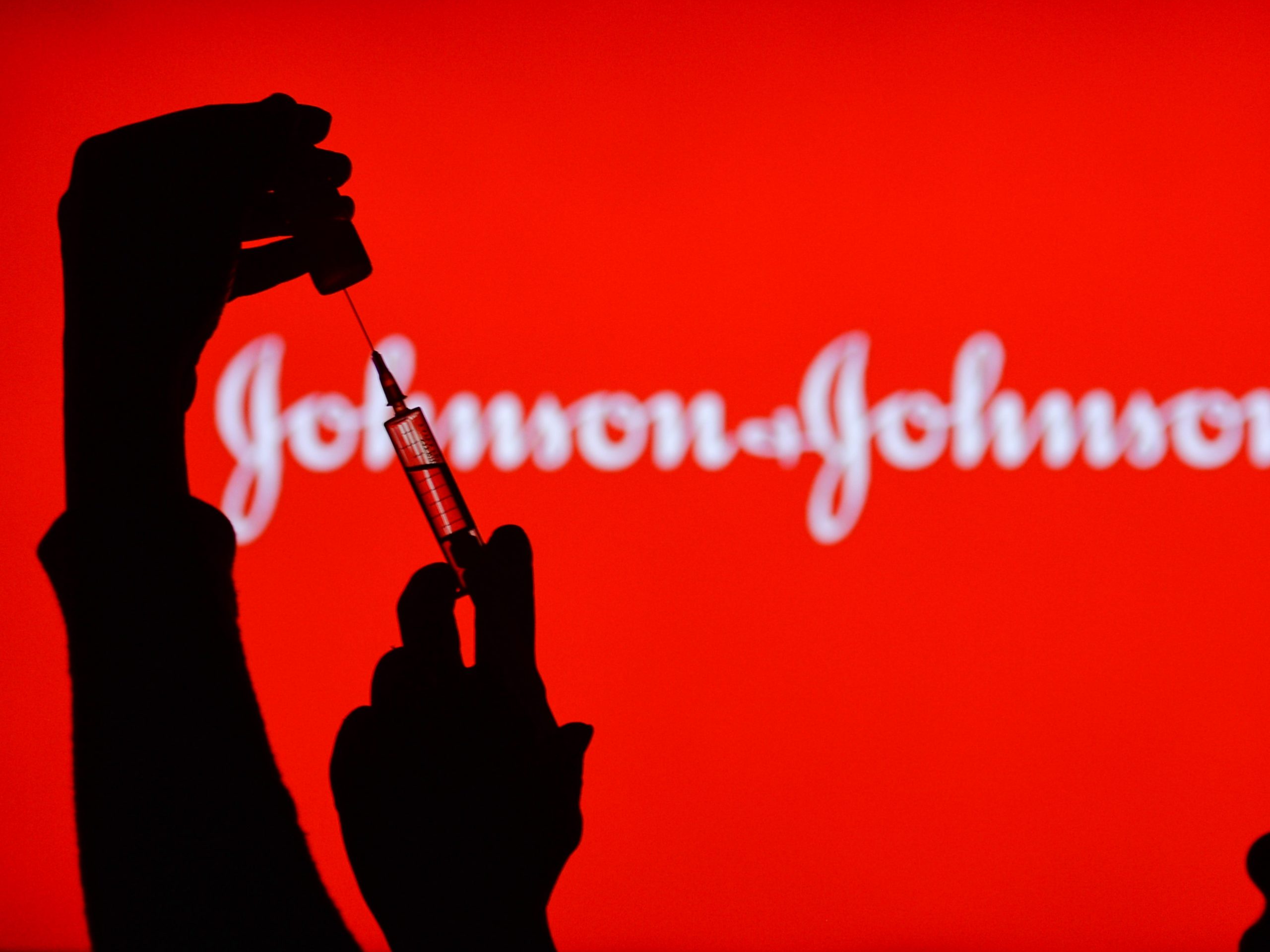
Many others feel similarly.
Gisele Gover was one of the lucky few to receive a spare dose. She called her local pharmacy in Itasca, Illinois, every night to see if any vaccines were left over for non-priority recipients, and one evening in early February, she received her first shot.
"I'm not sure if I was guilty or grateful to get it - probably a little of both," Gover told Insider. "Now I want to pay it forward."
Gover joined the Chicago Vaccine Hunters group shortly after she booked her appointment. Since joining, she's thrown herself into helping others get their shots.
Some Facebook groups have evolved into volunteer networks
The Chicago Vaccine Hunters group started like any other. After "walking on eggshells" for 10 months, Chicago native Roger Naglewski was hopeful to get a vaccine. He just didn't know where to start.
He launched the Chicago vaccine hunting network with the intention of sharing appointment booking tips, but the group has grown to be much more than that. The community inspired a subgroup of volunteers - known as "vaccine angels" - to help elderly residents and essential workers book their shots.
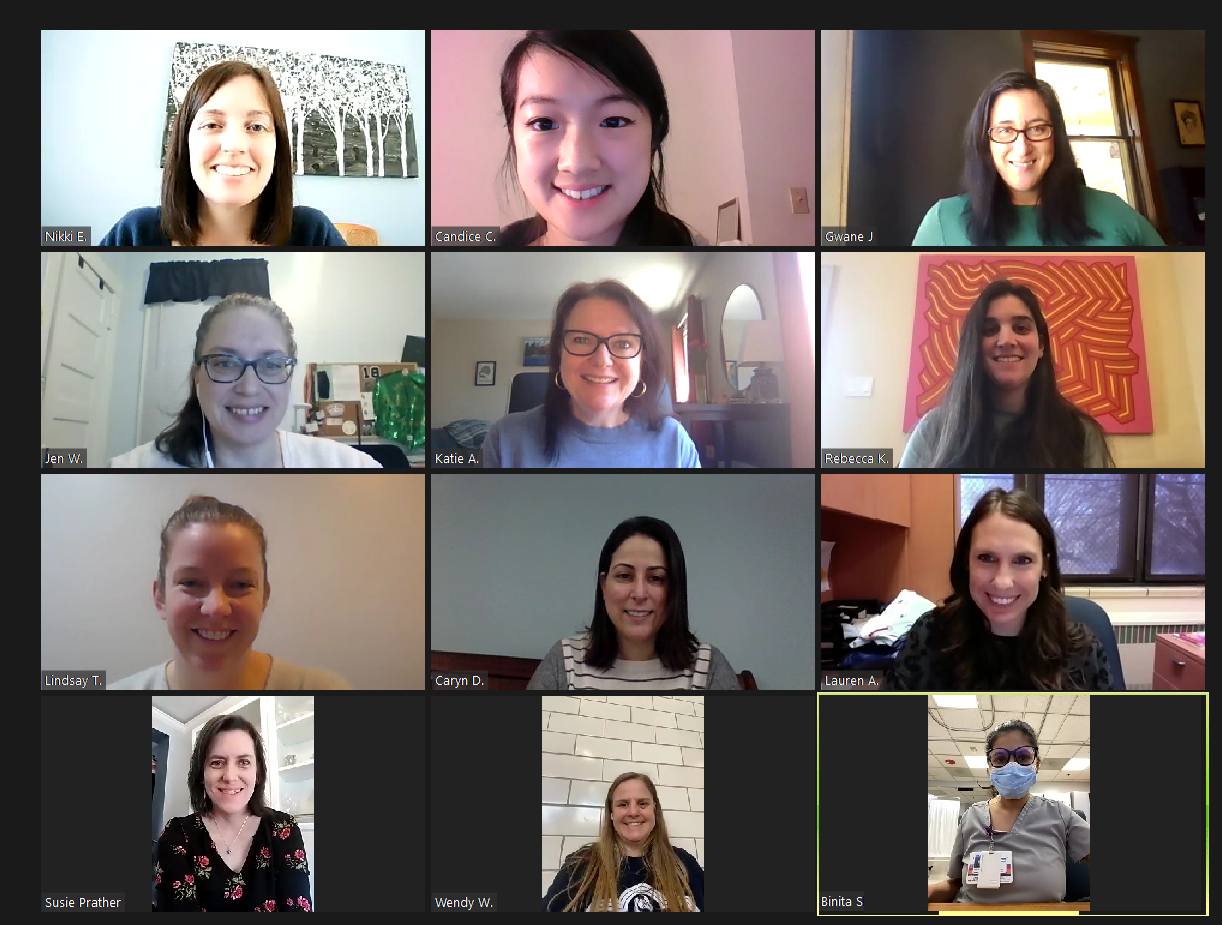
Brianna Wolin
Now, there are about three dozen angels working to help complete strangers get vaccinated in Chicago and the surrounding suburbs.
"We're really focused on people who don't have access for whatever reason, whether it's because they don't have a home computer, don't have home internet, or they're not tech savvy," volunteer Brianna Wolin told Insider.
Wolin joined the group when there were less than 10 volunteers involved. After successfully booking vaccine appointments for some of her high-risk family members, she picked a vaccine seeker from the fledgling spreadsheet of requests.
That same day, she was able to book vaccine appointments for a woman's two 90-year-old parents.
"That phone call was just so rewarding," Wolin told Insider. "She ended up sending me a picture of her parents, telling me about the family and how they've been married 66 years - and now they're going to be vaccinated."
Now, Wolin is working on the administrative side of the vaccine angels effort. She helps manage the "monstrosity" of requests that come in via Google form. When Wolin spoke with Insider, the form was temporarily shut down so the angels could address the roughly 200 requests in backlog.
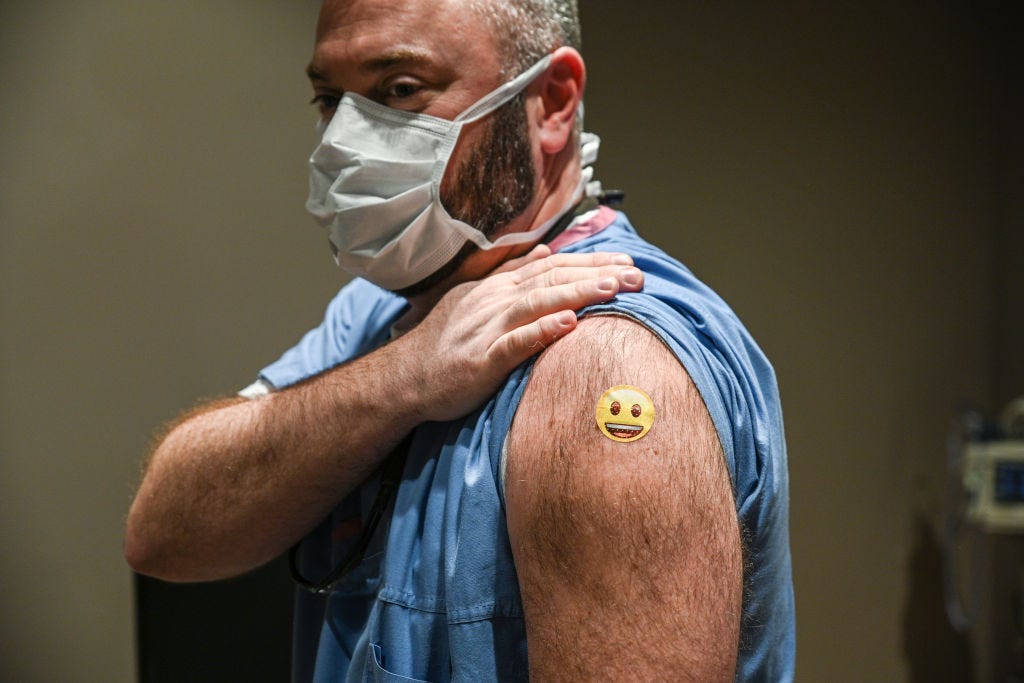
Jon Cherry/Getty Images
Other volunteers, like Gisele Gover, take shifts around the clock to make sure no appointment booking window goes untapped. Vaccine sites will post new appointments at midnight, 6 a.m., or even the middle of the night - and at each point, there's a vaccine angel refreshing their computer in hopes of making someone's day.
Similar groups, like Massachusetts COVID Vaccination Help and "Find a Covid shot WA," have popped up across the country to aid high-risk people in the vaccine hunt.
Other volunteers have attempted to simplify signup sites
It took Kirsten Andrews two weeks of sitting at her computer to book a vaccine appointment for her 75-year-old mother.
Andrews lives in Seattle and used to work for Microsoft. As she was clicking through countless links on the Washington State health department's website, she thought to herself: we live in a technology hub. Hasn't anyone thought of a way to make this process easier?
The team behind CovidWA.com was two steps ahead of her. The project, which has since grown to more than 100 volunteers, quickly engineered a system to redirect appointment availability information from vaccine provider websites to a single hub.
The site, also known as WA COVID Vaccine Finder, was open to Seattle's King County just four days after its inception and expanded to serve all of Washington State by the end of the week. The team is working with the Washington State Department of Health to support its efforts and scale up if necessary.
"We want to be out of a job here," Daniel Morris, a cofounder of the site, told Insider. "So we're working with [the state] to get their solution running as quickly as we can, but in this instance, we were able to just get going and moving quicker than they were."
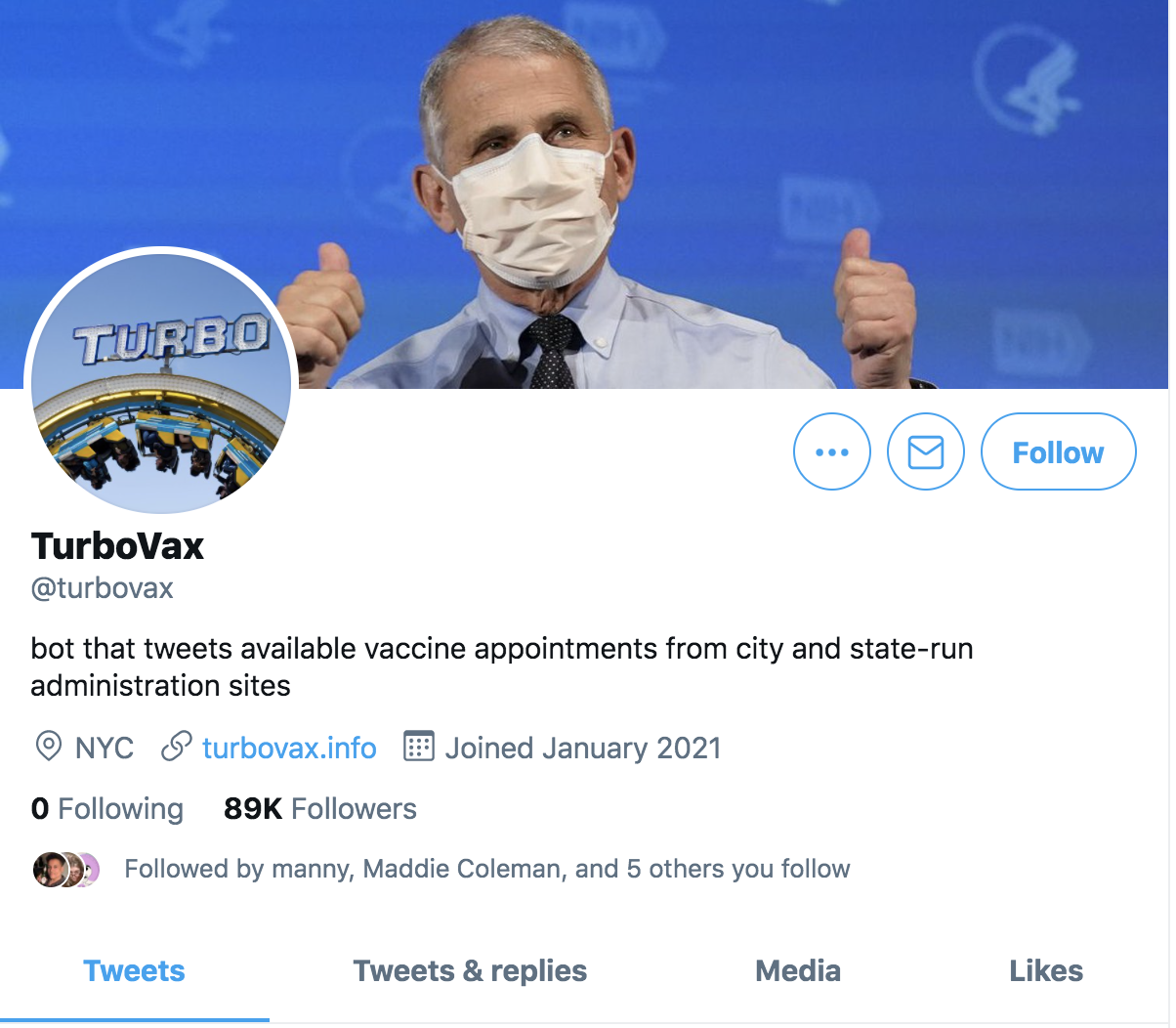
Meanwhile, similar websites have popped up in other states and cities. Software engineer Huge Ma built TurboVax to compile information from three main city and state New York vaccine systems. The tool spits available appointment slots back out via a Twitter account that now has upwards of 96,000 followers.
Tools like TurboVax and WA COVID Vaccine Finder have the advantage of working outside of the government, with less red tape and fewer consequences.
"If it doesn't work, we didn't promise anything," Morris said.
Vaccine hunter groups exist in an ethical grey area
As the US inches towards herd immunity, public health experts have told Insider that any effort to get vaccines in arms is a good thing. But Caplan, the bioethicist, said it's worth considering who might have access to interventions like vaccine hunter groups.
"It just means that the well-off, the well-connected, people who are savvy with the internet, get ahead in the line," Caplan told Insider. "It just shifts who's getting it, in my view. And it advantages the privileged, not those who might need it the most."
Volunteer efforts like the Chicago vaccine angels could help level the playing field if they're able to reach those who have been left behind by the government rollout. Wolin told Insider the angels have been working on developing partnerships in the Black and Latinx communities to make sure their service is allocated equitably.
However, other aspects of vaccine hunting, like chasing leftover doses or trying to jump the line, may simply widen the gap between well-connected folks and those at a technological or economic disadvantage.
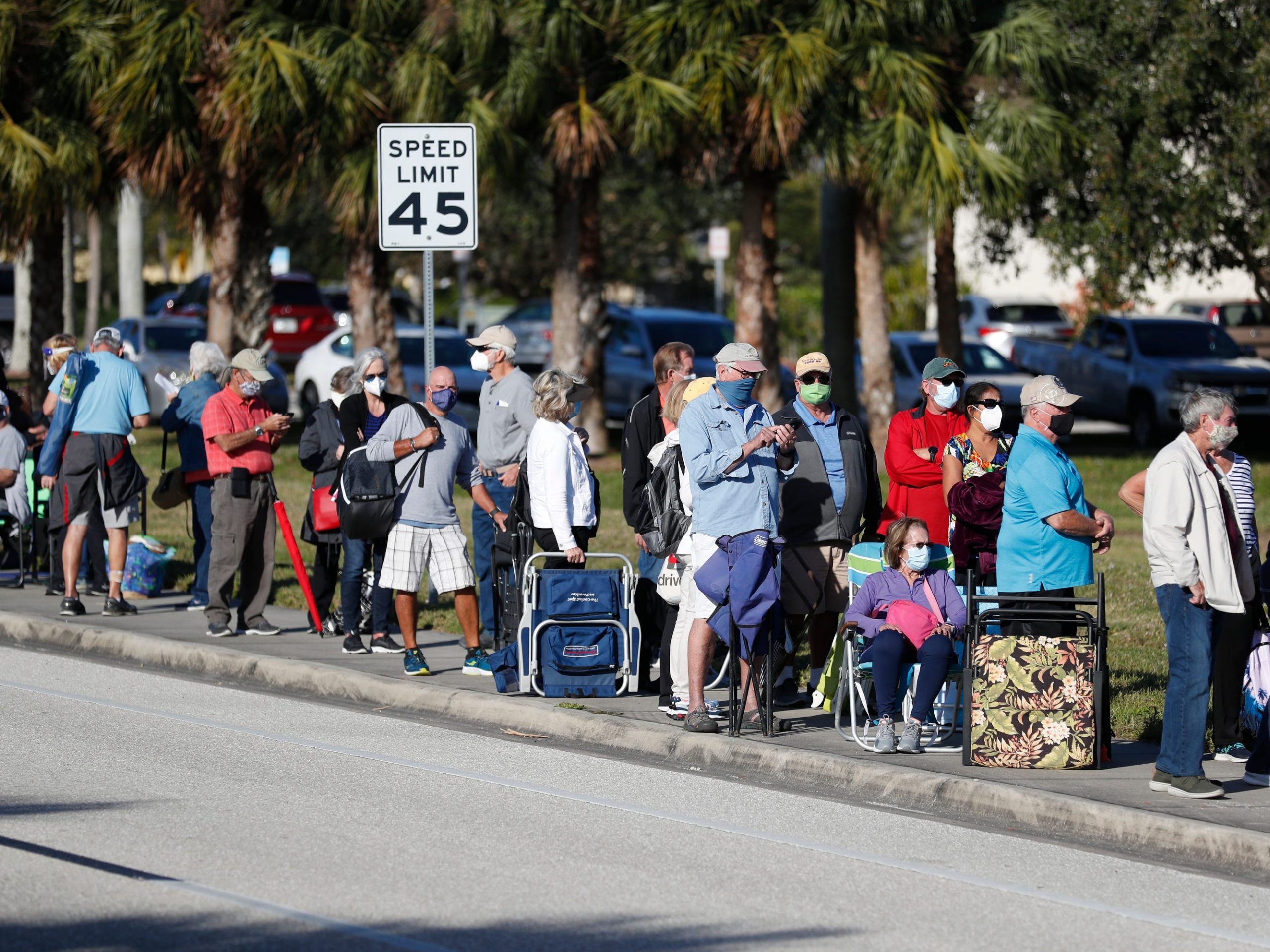
Octavio Jones/Getty Images
Skipping the line is not what vaccine hunting is about, Ward told Insider. Although people do share strategies for snagging shots when there's an excess, he said the intention is to make sure no dose is wasted.
"It's an interesting problem to be solving because it's something that, in my mind, should've never happened in the first place," Ward said. "But I understand that with the vaccine rollout being so quick and everything, really not having any standardized system is the reason that this problem has existed."
"The main challenge is that demand for the vaccine outweighs the supply across the country and even the world," a spokesperson for the Illinois department of public health told Insider. "The State is working to make as much vaccine available as possible in as many locations as possible."
Some groups have attempted to create some order for allocating extra doses. Dr. B and Vaccine Standby teamed up to make a national waitlist ordered by priority group, and some pharmacy chains have their own standby lists for those who are eligible to get vaccinated.
"'I've seen thousands of people utilize excess vaccines and waitlists," Ward said. "These groups have been overwhelmingly successful at crowdsourcing localized information and providing help to people struggling to book vaccine appointments or find excess vaccines."
One of those people was Ward's mother. After weeks of searching, she finally found a shot through her local Walmart waitlist.
